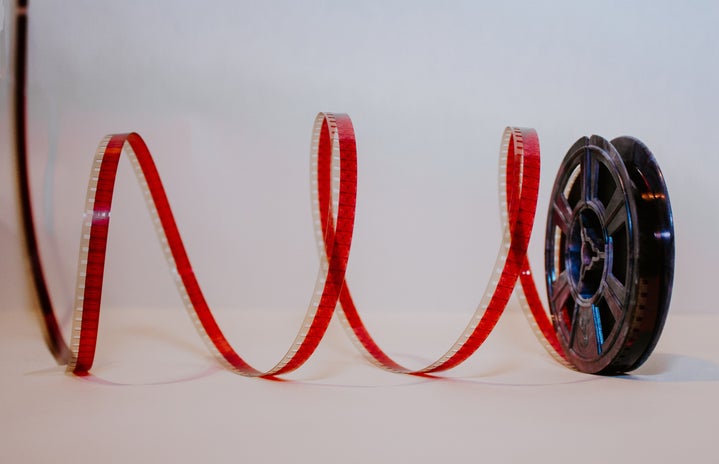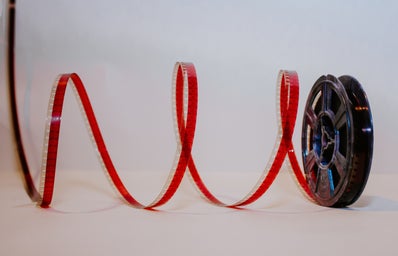Moving from India to America at a very young age was disorienting to say the least. Growing up, I learned Hindi and English, Indian and American traditions and social and cultural norms among white peers and brown relatives simultaneously. I often struggled to feel a sense of belonging to either country. I was too “Americanized” to understand my Indian heritage and too “different” to naturally fit in the American school system. Determined to at least assimilate to one culture, I began to prioritize the knowledge I gained in the U.S. instead of the Indian values my parents instilled in me.
Slowly but surely, my identity as an American thrived while my Indian roots were put on the sidelines. I got pizza and breadsticks for lunch and left my mother’s lovingly made parathas at home. I dressed in trendy kids’ clothes from Justice. I laughed at jokes I didn’t quite understand but pretended to. I excelled at English and stopped filling out my Hindi workbook my parents had gotten me.
It was only when 9-year-old me watched “Rab Ne Bana Di Jodi” (2008) that everything changed. The bright, vibrant colors lit up my TV screen and I watched in awe, not quite sure what to expect. Romance? Drama? Humor? The answer was an extravagant combination of everything. The swirling sarees, dazzling dances and magical music immediately entranced me.
My eyes were glued to the screen as I witnessed Surinder disguise himself as Raj, join a dance class, and fight to earn Taani’s love. From laughing to shedding tears, the film took me through a whirlwind of emotions over the course of nearly three hours. Despite its somewhat excessive length, every single second felt worth it to me.
This is the power of Bollywood, a cinematic industry that’s been around since 1932. Watching Bollywood films helped me feel connected to my culture in a way I never had before. I was able to root for and sympathize with characters similar to myself and listen to new catchy Hindi songs. Although the glamor of Bollywood isn’t an accurate depiction of India, it certainly retains aspects of Indian culture and I was excited to see it presented to me in a fun way.
The irresistible charm of Bollywood lies in its unique elements. It’s full of song-and-dance sequences, romantic melodrama and beautiful sets. Compared to Hollywood, Bollywood may seem excessive or over-the-top. However, I would argue that that’s what makes it even better. The exaggerated nature of Bollywood films makes them all the more entertaining and interesting. I love following the genre’s elaborate plotlines and silly characters. I never really know where the story is going or how it’s going to end and it keeps me invested.
This isn’t to say that Bollywood’s perfect; just like other movie industries, it has its flaws. The songs can get repetitive, the ideals the films promote can get questionable and the romance can be cheesy. Nevertheless, Bollywood will always hold a special place in my heart. It’s the reason I started appreciating my culture once again. My childhood was full of consumption of various Bollywood films and I still watch or rewatch them from time to time. A few of my favorites are “Dil Dulhania Le Jayenge” (1995), “Zindagi Na Milegi Dobara” (2011) and “Om Shanti Om” (2007).
I highly recommend these films and more within the genre. I truly believe that everyone would enjoy at least one Bollywood movie if they gave it a chance, especially Western audiences who are already familiar with some of the rom-com tropes that Bollywood uses. They’re funny, thrilling and heartwarming. It’s a film experience that immerses the viewer in complex tales.
Now that I’m older, I’ve come to embrace my Indian-American identity and Bollywood played a key role in shaping me. My Indianness is nothing to be ashamed of. I come from a place where everything, including the films, teems with life, and what gets better than that?


